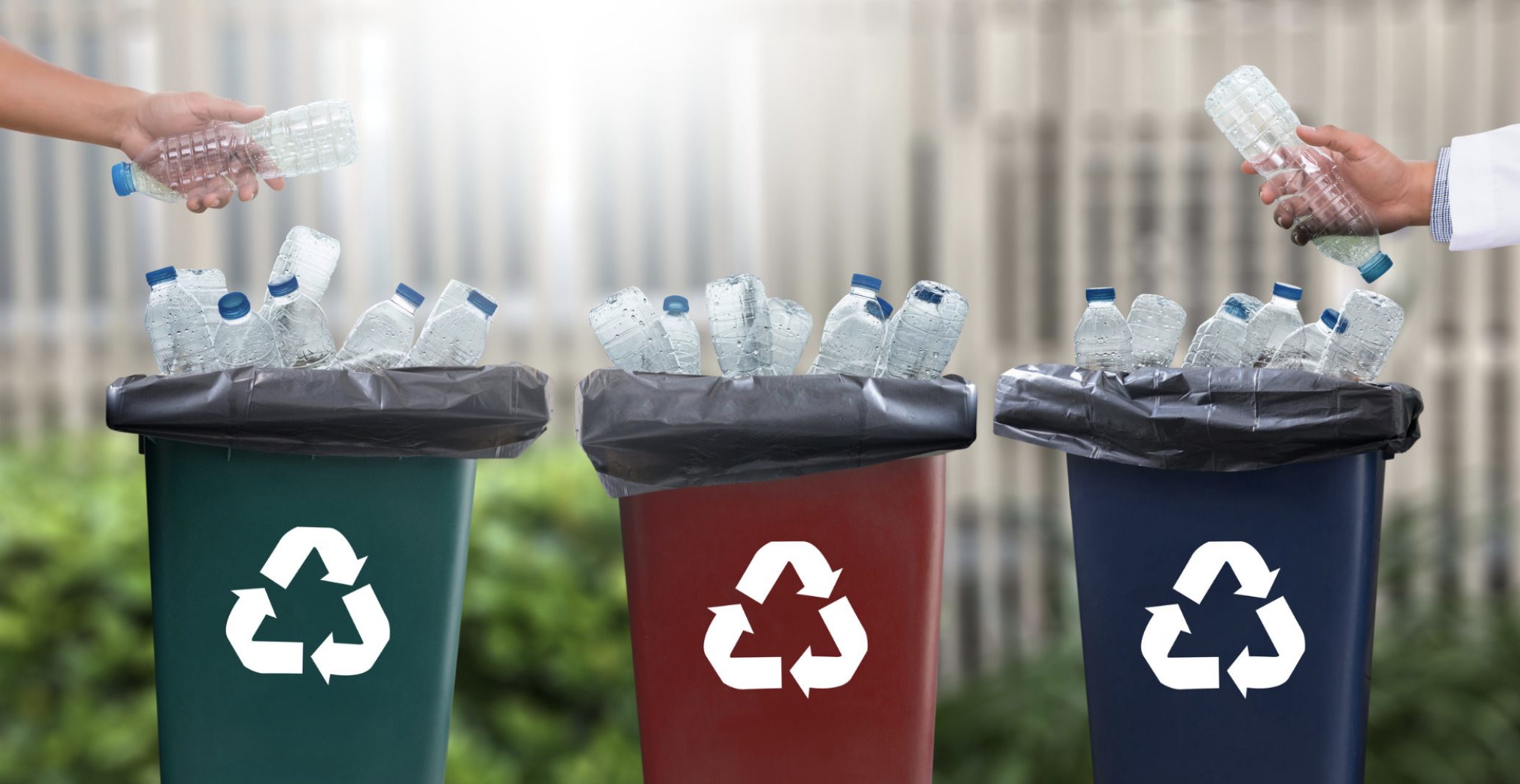As a company that finds great value in taking care of the environment, Ring Container Technologies is committed to its sustainability and trash reduction efforts. One facility that has made exceptional strides in this area over the past five years is our Hanover, Pennsylvania plant. Last year, 96 percent of the Hanover plant’s waste was recycled, and it has no plans of stopping there anytime soon.
“The Hanover Facility has a responsibility and obligation to ensure future generations get to see the beauty of our planet and all it has to offer,” – Joseph Bican, Hanover Plant Manager.
By definition, waste is a resource that is not safely recycled back into the environment or the marketplace. Zero waste is the elimination of byproducts from the production of finished goods, which are bound for a landfill. Each plant at Ring uses a continuous improvement approach when implementing a system or program to align with its zero-waste strategy. This allows facilities to save money, progress faster and improve material flows. Additional benefits include eliminating pollution, increasing reparability and extending product life.
The Hanover plant began making a concerted effort toward zero waste in May 2012. Since then, its strategy has been to reduce energy, waste and water consumption throughout the manufacturing and distribution process, resulting in a much more efficient, cost-effective operation. Additionally, this process conserves natural resources, which is vital to these facilities and the communities in which they operate.
The Hanover plant encourages its employees and suppliers to recycle and implement other waste-reduction strategies. For example, it will sometimes raffle off or give away old supplies and equipment to employees instead of simply throwing them in the trash. This could be anything from shelves and cabinets to computers and power tools. Additionally, it arranges for a company to pick up used machine oil that needs to be cleaned, and reuses old printer papers when possible.
A few years ago, the Hanover plant removed paper towels from all restrooms and replaced them with Dyson hand dryers. Over the years, it has also reduced its dumpster size and the number of times it gets emptied. However, trash collection efficiencies are something the plant has to constantly reevaluate as it continues to grow, both in number of employees and in production.
While the Hanover facility is committed to reducing waste to zero by informing and educating workforce and monitoring carbon footprints, that doesn’t mean achieving zero waste is an easy process. The biggest barrier is communicating the importance of these efforts to the entire facility, especially when new employees come on board.
Denise Conrad oversees all of the Hanover plant’s zero waste, as well as its sanitation efforts, which allows her to stay informed on what’s being recycled and what isn’t.
Ensuring zero waste isn’t limited to what takes place at the Hanover facility, but what comes into the plant as well. Conrad recalls one of the plant’s vendors which had packaging that wasn’t easily recyclable. After contacting them and explaining the situation, the vendor agreed to make adjustments to the packaging so that it would be easier for the plant to recycle. Since then, Conrad has made similar suggestions to other vendors, which have turned into improving and, in some cases, initiating zero waste efforts at those companies.
As for the future, the plant hopes to maintain the work it’s doing to reduce waste to zero. This means stressing the importance of recycling, both at the facility and at home, as well as ensuring that the importance of zero waste is expressly communicated plant-wide and especially to new employees.


